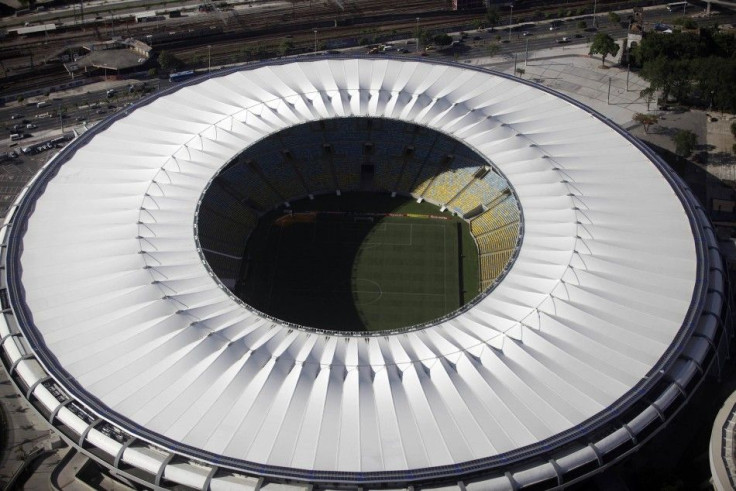World Cup 2014: A Guide to Rio

The Maracanã stadium in Rio de Janeiro of Brazil was built to host the 1950 World Cup. With Brazil as host for the World Cup 2014, the stadium got a facelift, adhering to all the standards set by FIFA.
The reconstruction project demolished the previous structure (two-tier configuration) and built a one-tier seating arrangement for improved visibility and enforcing additional security. The roof of the stadium was restructured with fiberglass tensioned membrane coated with Teflon.
Maracanã was once considered the largest stadium in the world, but the later renovation reduced the capacity to 78,000. The new stadium focused on sustainability, security and environmental factors to comply with Leadership in Energy and Environmental Design (LEED) certification requirements.
How to reach
The Estádio do Maracanã is located around 5 kilometres from the downtown of Rio de Janeiro. The famous Ipanema and Copacabana beaches lie about 12 kilometres from the stadium.
Rio offers a good city metro and train services. The Maracanã metro station stops on line 2 and one can reach the location boarding from downtown Rio, Botafogo areas or Flamengo. Alternatively, one can also reach the stadium with a transfer from Line 1, running from the Copacabana and Ipanema areas.
If the is idea is to travel by local train, the best option would be to board the train on the red Damal Deodoro line and get off at the Maracanã station.
Weather
Like other cities of Brazil, Rio enjoys a tropical climate. The temperature is usually high during the summer of June and July with high chances of rainfall. The humidity also soars high, making it uncomfortable at times during the summer season.
Schedules
The Estádio do Maracanã will host seven matches, including one quarter final and the final. The following are the matches that people of Rio can catch live in action: Argentina vs. Bosnia-Hercegovina (June 15), Spain vs. Chile (June 18) and Belgium vs. Russia (June 22). In the second round of the tournament, the winner of Group C will play against the runner-up of Group D.
In the quarterfinal round, the stadium will host the match between the fifth winners with sixth winners of the second round, followed by the grand finale on July 13.






